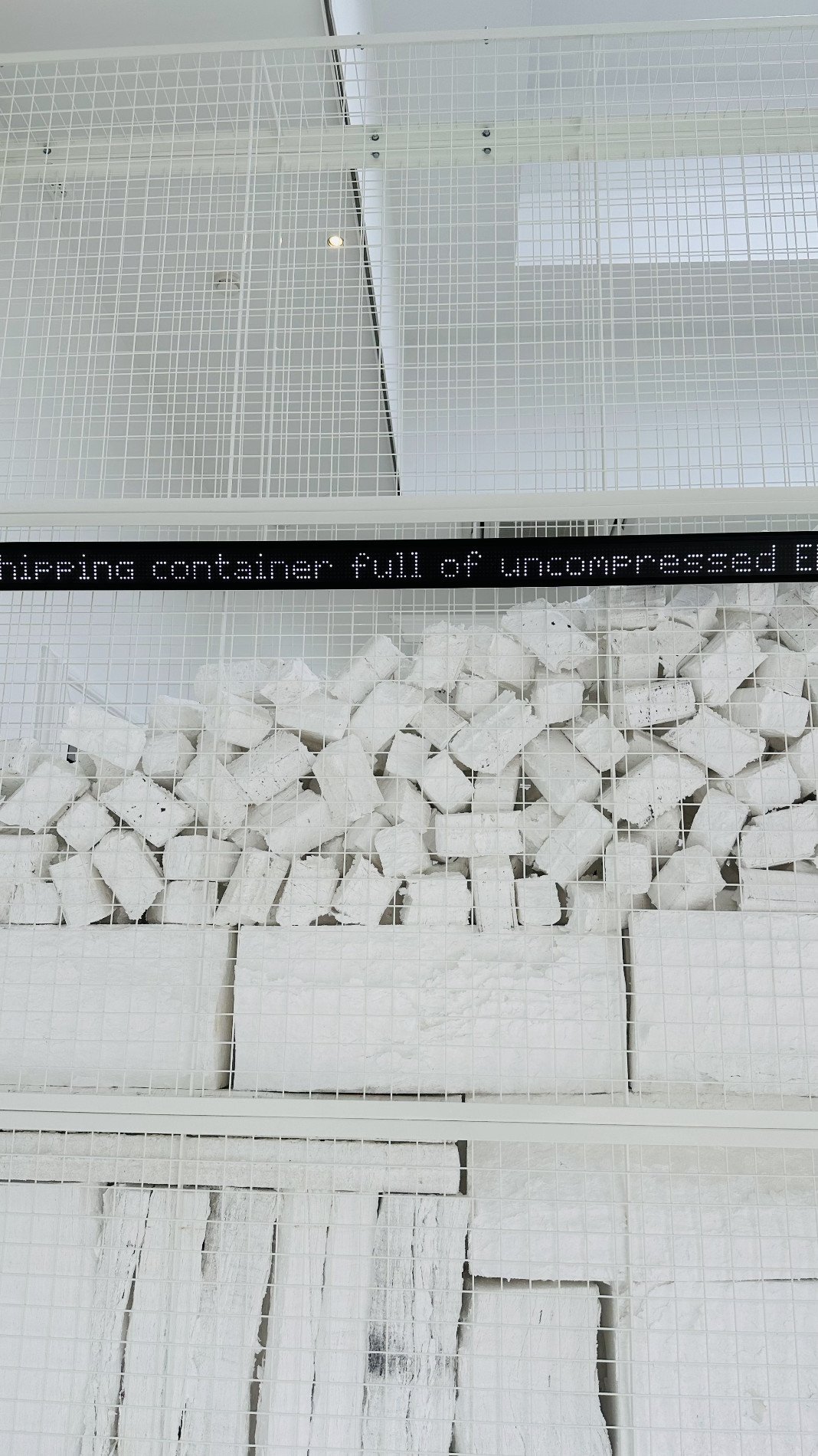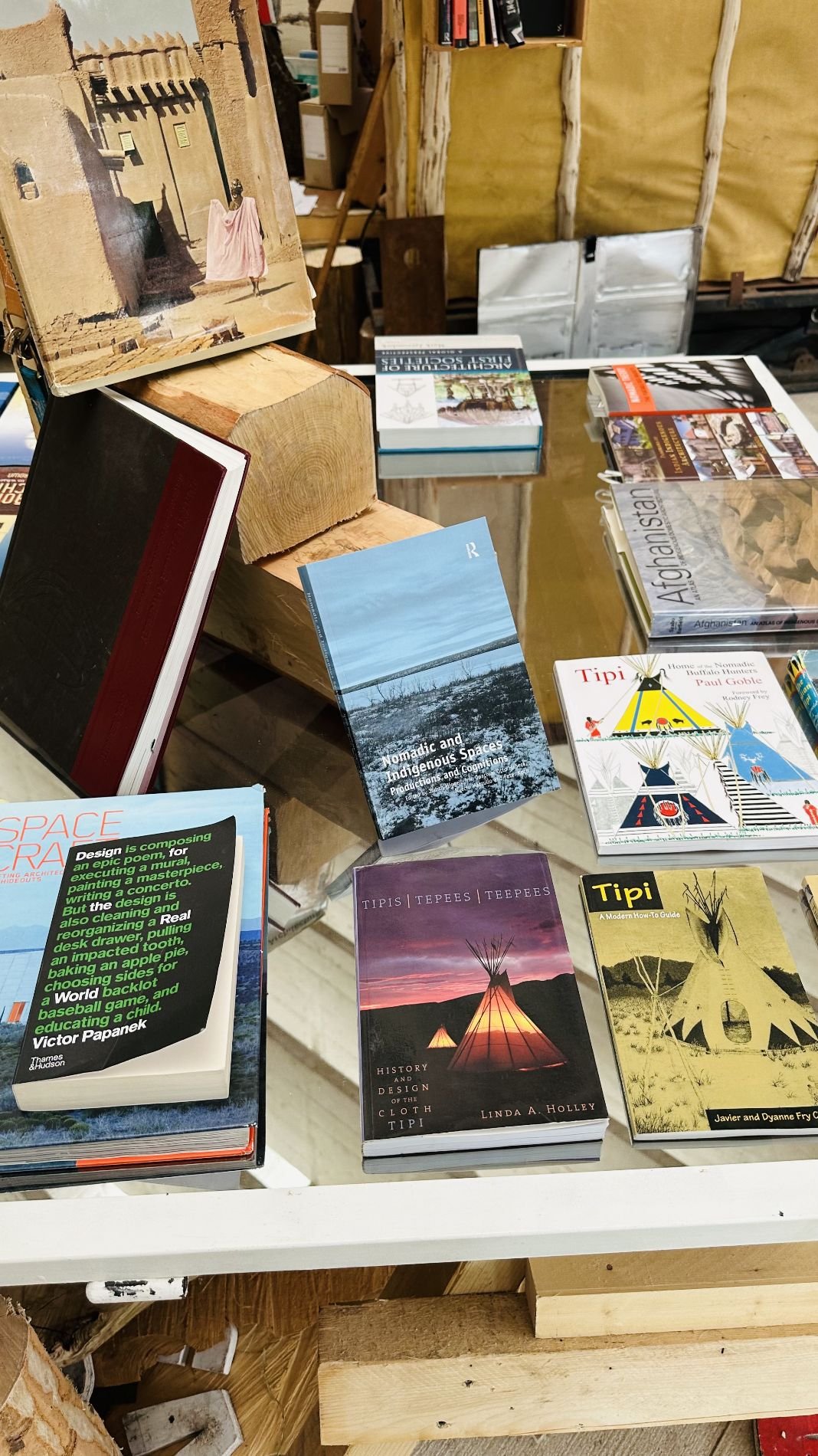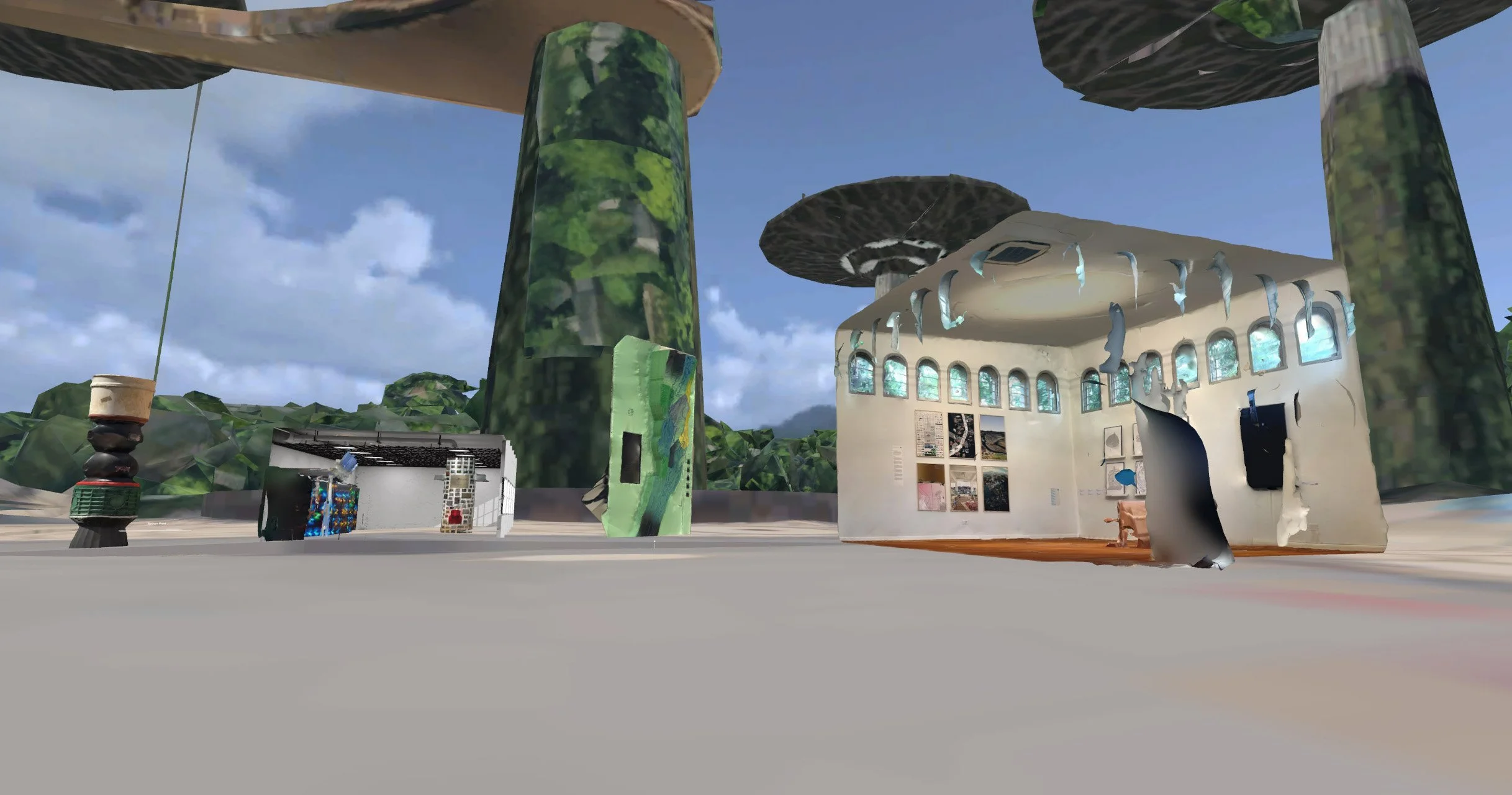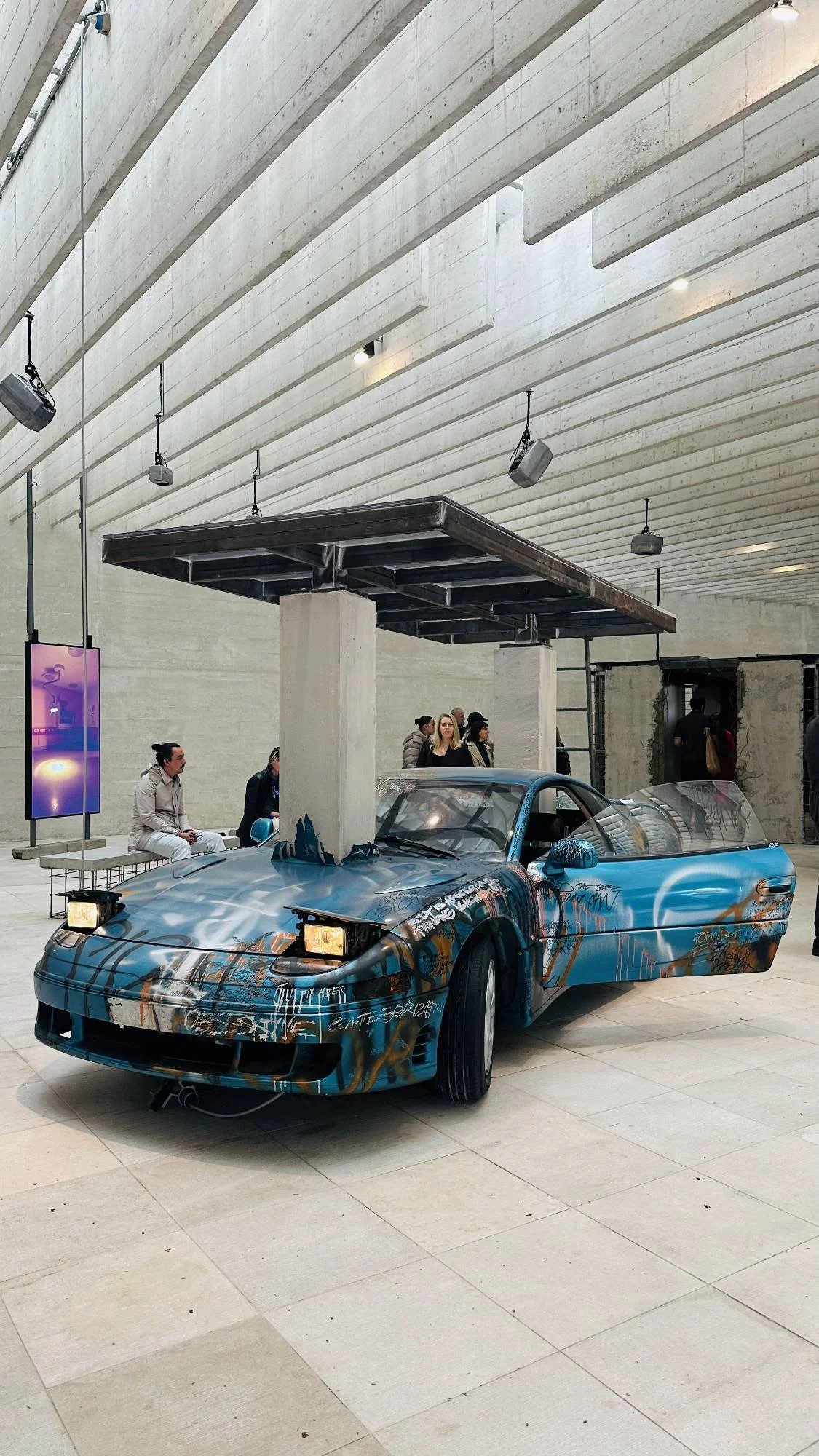Deconstructing Architecture: Venice Biennale 2023
The Venice Biennale, long known for its national pavilions reflecting the 20th century's power dynamics, is undergoing a significant transformation. This year's edition, "The Laboratory of the Future," curated by Lesley Lokko, breaks from the past to embrace diversity and challenge traditional architectural practices.
Previously, the Biennale resembled a "Eurovision of the visual," dominated by European nations in specially designed gardens. Lokko's vision disrupts this Eurocentric narrative, centering underrepresented voices, particularly from Africa and the African diaspora. This shift aims to showcase alternative architectural approaches that move beyond the established Western traditions often linked to resource extraction and exploitation.
"The Laboratory of the Future" goes beyond physical structures, incorporating art, performance, and activism to explore how individuals and communities experience space, even without the means to build large permanent structures. This ambitious theme, encompassing "decolonization" and "decarbonization," seeks to envision architecture that minimizes its impact on the environment and empowers previously marginalized groups.
Lokko's curatorial vision represents a crucial step towards a more inclusive and sustainable future for the Venice Biennale, encouraging critical reflection on past practices and paving the way for a more equitable and diverse architectural landscape.
Stepping into the Corderie, visitors are met by a powerful statement: Rhael "Lionheart" Cape's declaration on a large screen, "if architecture doesn't serve feelings it serves a psychosis," sets the tone for an exhibition that challenges traditional notions of the field.
While established architectural firms like David Adjaye's practice are still present with models of notable projects, the focus shifts significantly. Lokko's vision shines through in an emphasis on alternative approaches. A film by the London-based Gbolade Design Studio explores the unifying power of the game of dominoes within the Windrush generation, highlighting the importance of community and shared spaces beyond the need for grand structures.
The exhibition prioritizes resourcefulness and local knowledge. Techniques like weaving and earth construction are showcased, alongside the adept remodelling of existing structures exemplified by the work of Catalan architects Flores and Prats. "Bengali Song," a captivating woven triptych depicting a flood-proof home, embodies this spirit beautifully. Created by a collective of artisans in Bengal in collaboration with Arinjoy Sen, a young architect, it exemplifies the potential for collaboration and community-driven solutions.
This exhibition presents worlds rich in history, often denied a voice in the present, poised to forge their own futures. The dazzling space by Nigerian-American artist Olalekan Jeyifous exemplifies this ambition. His immersive installation depicts a lounge for the "All-African Protoport," a fictional, sustainable transport network built by decolonized states. Surrounded by images of lush vegetation and advanced technology, Jeyifous' creation serves as a powerful symbol of both hope and a potential starting point for a more inclusive and equitable future, not just for the Biennale, but for similar institutions globally.
“A Global Shift at the Venice Biennale: “The Laboratory of the Future””
While established names aren't entirely absent, the Biennale sheds its focus on large-scale, often Eurocentric projects. Instead, it embraces the voices of the underrepresented and explores innovative solutions that prioritize sustainability, community, and emotional well-being, creating a truly insightful "Laboratory of the Future."
Access the Spatial metaverse space:
words and photography DONALD GJOKA
What to read next






















